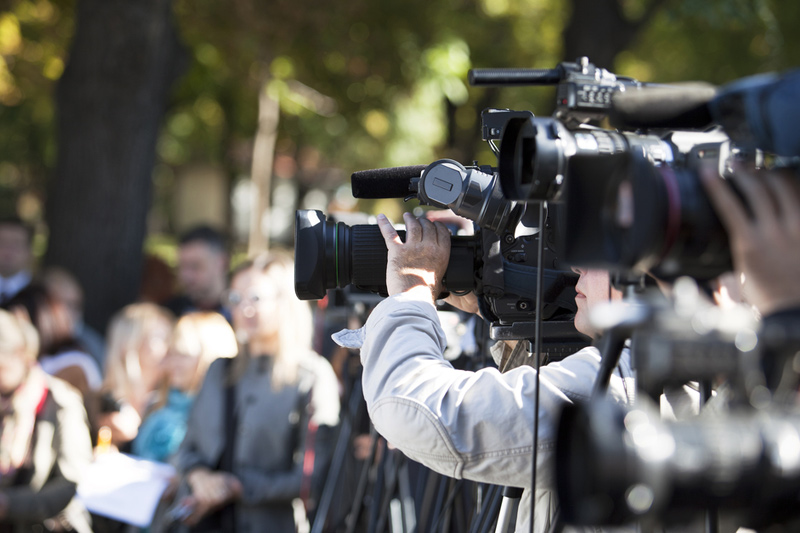
In the modern world, we depend on electricity for so much of our lives, using power for everything from making our food to enjoying entertainment. With how important and widespread electricity usage has become, we often forget how dangerous it can also be. Using electricity irresponsibly and not taking enough care can result in property damage, fires and even death due to electrocution.
To keep yourself, your family and your property safe, it’s important to take the right precautions. In this article, you can find out more about improving electrical safety in your home and lowering the risk of serious accidents.
Keeping Electrical Appliances in Good Condition
One of the leading causes of electrical shocks and fires in the home is badly wired appliances. While most appliances are safe when new due to electrical standard regulations, they can become worn out and dangerous over time. Cables and wiring can become damaged, especially if they’re exposed to the elements or not stored away properly.
One of the easiest ways to reduce electrical hazards around your home is to simply look after your electronic devices, cables and appliances. Check regularly for signs of wear, especially with devices that see frequent use. You can reduce the damage to cables and live wiring by using a cable conduit, which can be bought from RS.
If you see any damage to wiring or cables, it’s important to replace them immediately. If necessary, call an electrician to find out what caused the damage, as it could be an indicator of other issues. Avoid carrying out any work with power tools near cables and try to practice good cable management to prevent wear and tear.
Avoid Overloading Power Sockets
Another major electrical hazard and a leading cause of electrical fires is overloading plug sockets. Throughout your home, you can find sockets which allow your appliances to connect to the main power. With the sheer number of devices and appliances we use in our daily lives, some people often complain that there simply aren’t enough sockets to go around.
However, while you may feel like you really need to charge three devices at once, it’s important to avoid overloading your sockets. Ideally, you should only ever have one heat-producing appliance plugged into a socket at once, and it’s best if you check the voltage requirements of devices before you plug them in.
While you can find power extensions that allow you to connect multiple devices to one socket, you should avoid having them all turned on at once. Drawing too much power from a single socket can result in your appliances overheating and potentially lead to fires or electric shocks.
Follow Electrical Appliance Instructions
Although it may seem like an obvious tip, many people often fail to read the instructions for their new appliance before using it. There’s lots of important information in the instruction booklets, including safety guidelines and warnings about potential misuse. If you want to avoid electrical hazards while also prolonging the lifespan of your device, reading the instructions is very useful.
If you do find that your device has gone wrong despite you following the instructions, it may be a sign that it’s broken. If you find you ever receive a shock from a device or appliance, it’s also a good sign that it’s not working correctly. Ensure it’s fully turned off and not plugged in before speaking to an electrician about the potential hazard.
Educate Your Family
If you have a family, particularly young kids, it’s important to make sure they’re properly educated on electrical safety too. While they don’t need to know all the details about how electricity works at a young age, you should make sure they understand how serious it is if you want to protect their safety.

“Web geek. Wannabe thinker. Reader. Freelance travel evangelist. Pop culture aficionado. Certified music scholar.”






